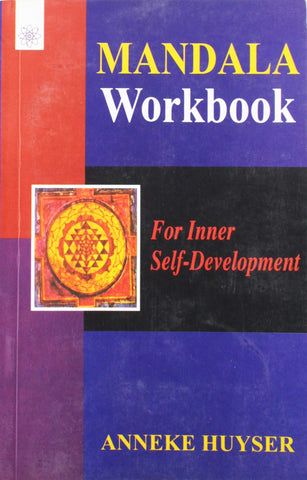Your cart is empty now.
Until recently, East-West comparative philosophy has been at best sporadic gestures marked by an imbalance in the way the Eastern and Western ideas were presented. A rather unsuccessful pattern in comparison was partly due to the socio-political and historical relationship between the East and West. The philosophical orientation of the West's Continental metaphysical thinking and the nature of the project of modernity and enlightenment have also played a significant role in creating this pattern. It would be premature to say that such a practice has completely disappeared. However, along with the emergence of consubstantiality philosophy in the West, a new direction in comparative philosophy is definitely on the horizon.
Buddhism and Deconstructions, with its acknowledgement of the plurality of both Buddhist traditions and deconstructive philosophy, is an attempt to mark such a change. The thirteen essays in this volume attest to a new relationship between Eastern and Western thought, expand the scope of our understanding of each philosophical tradition, and thus offer a new framework for both.
JIN Y. PAm is an assistant professor in the Department of Philosophy and Religion at American University.
A comparative study of Eastern and Western thought is not a phenomenon that belongs exclusively to our era. However, the nature of current philosophical discourse has inspired some scholars with the idea that the project can be better executed and the results more meaningful in today's environment, and they are not wrong.
Limiting the scope to the comparative study between Buddhism and deconstruction, we notice that the publications in this field during the past two decades far exceed those in any other period both in terms of the number of publications and the diversity of topics discussed. Until recently, East-West comparative philosophy has been at best sporadic gestures marked by an imbalance in the way the Eastern and Western ideas were presented. A rather unsuccessful pattern in comparison was partly due to the socio-political and historical relationship between the East and the West. The philosophical orientation of the West's Continental metaphysical thinking and the nature of the project of modernity and enlightenment have also played a significant role in creating this pattern. It would be premature to say that such a practice has completely disappeared. However, along with the emergence of non-substantialist philosophy in the West, a new direction in comparative philosophy is definitely on the horizon. Buddhism and Deconstructions, with its acknowledgement of the plurality of both Buddhist traditions and deconstructive philosophy, is an attempt to mark such a change. The thirteen essays in this volume attest to a new relationship between Eastern and Western thought, expand the scope of our understanding of each philosophical tradition, and thus offer a new framework for both.
Buddhist studies in the West have a relatively short history) The motivation that initiated this scholarship was complicated as well. Socio-political issues aside, the first generation of European Buddhist scholars encountered difficulty in understanding Buddhist doctrines because of the different frames of thought between Buddhism and Judeo-Christian/Greek-metaphysical thinking. Attempts to interpret Buddhist doctrines from a European perspective without considering the gap existing between the different modes of thinking in the East and the West resulted in a negative evaluation of Buddhism as reflected in the first generation European Buddhist scholars' understanding of Buddhism. European scholars of Buddhism in the nineteenth century described Buddhism as being full of negative and even horrible tenets characterized by the disappearance of the individual. The negation of self reaches its culmination, they speculated, in Buddhist nirvapa which Europeans understood as a desire for "the absolute nothing."2
The negative portrayal of Buddhism is also found in the Continental philosophers' interpretation of the tradition. In his lectures on the philosophy of religion, G. W. F. Hegel (1770-1831) placed Buddhism in the primitive stage in the evolution of world religions, defining it as a religion of "annihilation."3 This tendency was carried over to the twentieth century, as we witness, for example, in Karl Jaspers (1883-1969), who declared the impossibility of being a Western Buddhist: "To participate in the essence of Buddha's truth, we should have to cease to be what we are. The difference lies not in rational position but in the whole view of life and manner of thinking."4 Reading Jaspers' portrayal of Buddhism, we wonder what made him feel such a distance from Buddhism that he thought it stands in direct opposition to the identity of Westerners. A brief review of basic Buddhist doctrines will help us shed some light on this question. One most comprehensive theoretical basis of Buddhist philosophy can be found in the Buddhist doctrine of "dependent co-arising" (Sanskrit: pratitya-samutpada, literally "in dependence, things rise up"). Dependent co-arising resembles the concept of causation except that in dependent co-arising, the causation takes place in multi-dimensional levels. A being in Buddhism is always already a result of the co-arising (simultaneous happening) of different elements that together construct what we call a "self." In various works of Buddhist literature, the Buoldha emphasizes that one's understanding of being and the world is seriously, impaired by one's "determination" and "desire" to grasp something permaneht. In an attempt to demonstrate the impossibility of affirming any enduring entity in one's being, the Buddha analyzes a human being in terms of five categories known as the Five Aggregates: matter, feeling, perception, mental formations, and consciousness.
The fact that none of these five elements can independently represent an entity but that an individual is constructed through the interdependent functioning of these five aggregates leads us to the Buddhist doctrine of no-self. As a major Buddhist belief, the theory of no-self in Buddhism requires a careful understanding for us to fully grasp its meaning. Unlike the common misunderstanding that the idea of no-self locates itself at the opposite of the theory of self, Buddhist tradition is keenly aware of the problem entailed in this dualism. If we understand the theory of no-self as a "lack" of self, we are already presupposing the existence of self. The difference, in this case, is that the theory of enduring self affirms, whereas the no-self theory-if it is understood as a lack of self-negates the existence of self. In both cases, the self should exist. The Buddha presents the reality of no-self, not as a lack of self but as the "middle path" between affirmation and negation of self.
In the Sutra of Kindred Sayings, the Buddha is asked whether there is a self. He does not respond. His student asks the same question three times, to which the Buddha remains silent. At this point, KA§yapa, one of the Buddha's disciples, tells the Buddha that his silence might be interpreted as evidence of his inability to deal with the issue. The Buddha replies: "If I say the self exists from the beginning, I make [the mistake of affirming] the view of permanent self; if I say that now the self does not exist, I make [the mistake of proposing] the view of annihilation. The Tathagata teaches the middle path which cuts off both poles. In other words, I say, because of this, that happens; because this arises, that arises."5 There being no possibility of the existence of an enduring entity in a being, Buddhism proposes non-self. In this sense, Buddhism does not deny the existence of an individual being in the empirical world.
The phenomenology of being in Buddhism, however, does not extend itself into a transcendental ontology that affirms the existence of permanent substance behind and/or beyond the empirical being, be it Being, Idea, or Existence per se. One reason for the frequent misunderstanding of the Buddhist theory of no-self as the lack of self lies in our dualistic concept which maintains that "-A" is the opposite of "A." However, "A" and "-A" are not actually binary opposites as dualist thinking has assumed, but they fall into the same category in the sense that both presuppose the existence of "A." That language is the main culprit for such a tendency has also been noticed by Buddhist traditions, which, accordingly, have developed philosophies of language addressing the issue.
The fact that language is capable of leading one to the mistaken concept of opposites does not suggest that one should not use language or should totally mistrust the linguistic system. The second-century Buddhist thinker Nagarjuna thus makes a distinction between "declaration" and "expression" in our use of language. According to Nagarjuna, both being and non-being, or self and non-self, can be understood as "prajliapti" (provisional explanation or linguistic communication or expression). The use of such expressions, however, does not presuppose that they exist as independent entities.
In order to emphasize the fact that a being is always already in the web of movement without a moment's possibility of creating a "presence" of "entity," Nagarjuna introduces and foregrounds the concept of "emptiness" (s'ilnyata). Emptiness is another name for dependent co-arising and the middle path that emphasizes the impossibility of exhausting the multilevel causations which we call existence.
As a philosophical doctrine, Buddhism provides a vision of the interconnectedness of all beings with an emphasis on differential notions and temporality as the groundless grounding of the world and being. As a religion, Buddhism awakens one to the reality of this differential and temporal ground and teaches two opposite consequences that come about as a result of understanding (or misunderstanding) of this reality: either one is bound in the confusion of reality and phenomenon, or one is emancipated from the traditional concept of self. If we place side by side the basic concepts of Buddhism and Continental metaphysical thinking, it is not too difficult to imagine the possible conflict between the two philosophies. For example, from the perspective of Continental metaphysics, the concept of Buddhist non-self is "horrible" because it demands the "annihilation" of the self, the Ego-Cogito, which is the very ground of one's existence in the tradition. From the Buddhist perspective, however, there is nothing to annihilate since the self was not there in the first place. The Buddhist denial of the existence of any enduring entity beyond the phenomenal world will be problematic to transcendental ontology and metaphysics. Further, the Buddhist identity of non-identity will be understood as a violation of the Aristotelian logic, the ground of philosophical reasoning. In order for these different perspectives and philosophies from the East and the West to be properly evaluated by the other side, we needed to wait for changes in the direction of our philosophical discourse. One such change was facilitated by the emergence of new philosophical thinking in Western philosophy which we identify here as deconstruction. Derridean deconstruction created a rupture in the Continental philosophy. However, it was also a result of the developments that had been evolving in Europe for more than half a century before the first trilogy of Jacques Derrida's works was published in the late nineteen sixties. Before deconstruction appeared on the scene of Continental philosophy, Freudian psychoanalysis had discovered the ungracious, the unknown realm within an individual, threatening the concept o Cartesian modern man who has anchored the certainty of his existence on reason. Later, Jacques Lacan's theory of the split subject declared the impossibility of carrying on with the Ego-Cogito as a ground for the certainty of one's existence.
Further, the post-structuralism of Michel Foucault prophesied the disappearance of the human episteme, the main player in Continental modernist philosophy, from the shore of human science.6 What is more, the postmodern philosophy of Jean-Francois Lyotard has symbolically defined the nature and the result of modernist philosophy when he declares that Auschwitz is a "paradigmatic name for the tragic 'incompletion' of modernity."' Auschwitz cannot be explained with reason; it scorns Cartesian belief in the human subject as a rational being. According to Jacques Derrida, the turning point in Continental philosophy accommodated by the thinkers in the twentieth century is marked by the notion of "difference" with which Derrida characterizes our epoch. Whereas the European modernist thinkers grounded their philosophical investigation on the principle of identity, post-modern philosophers have turned the direction of their investigation to the relationship between identity and non-identity, inside and outside, and self and its other.
Sample Pages
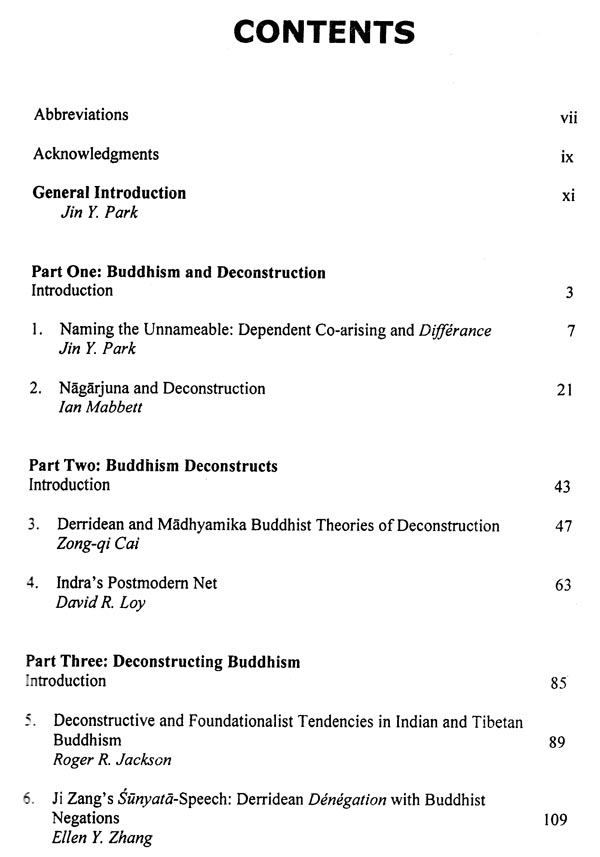
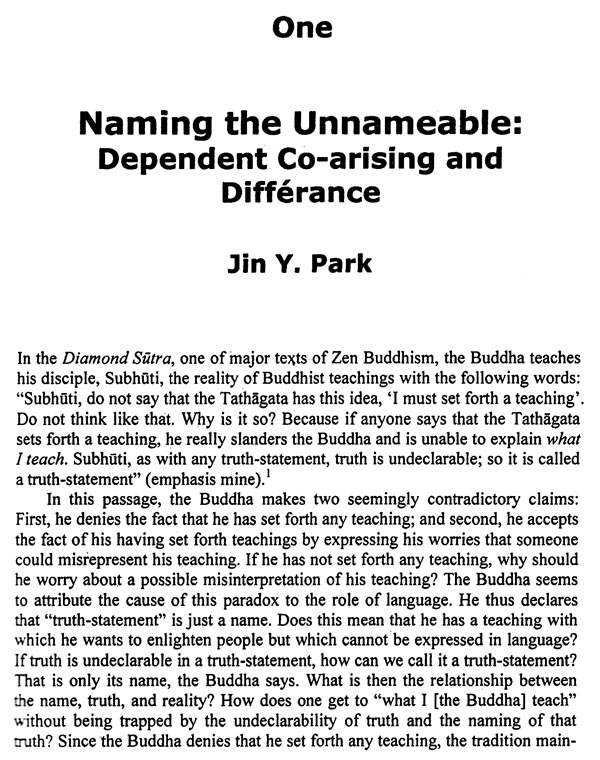



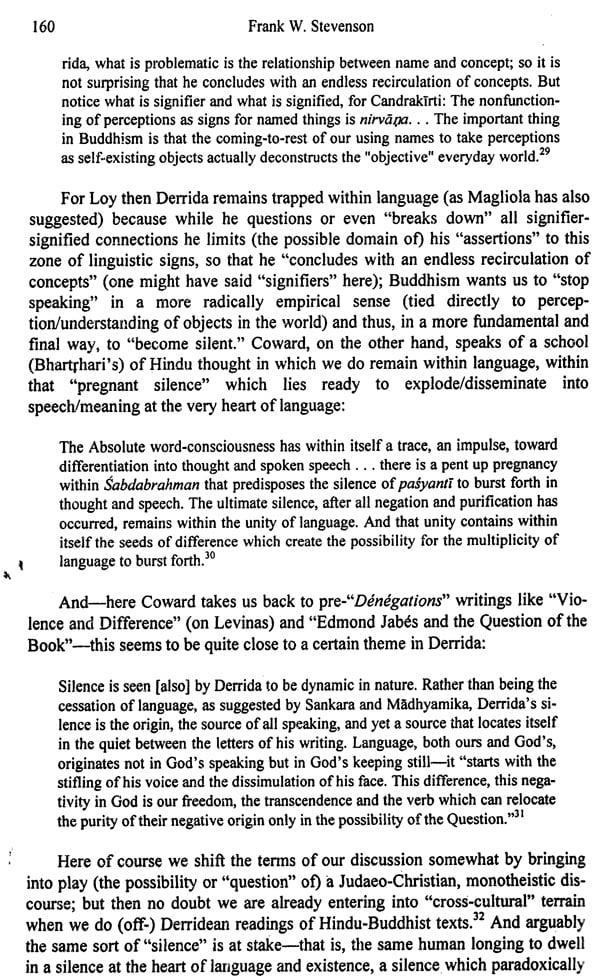

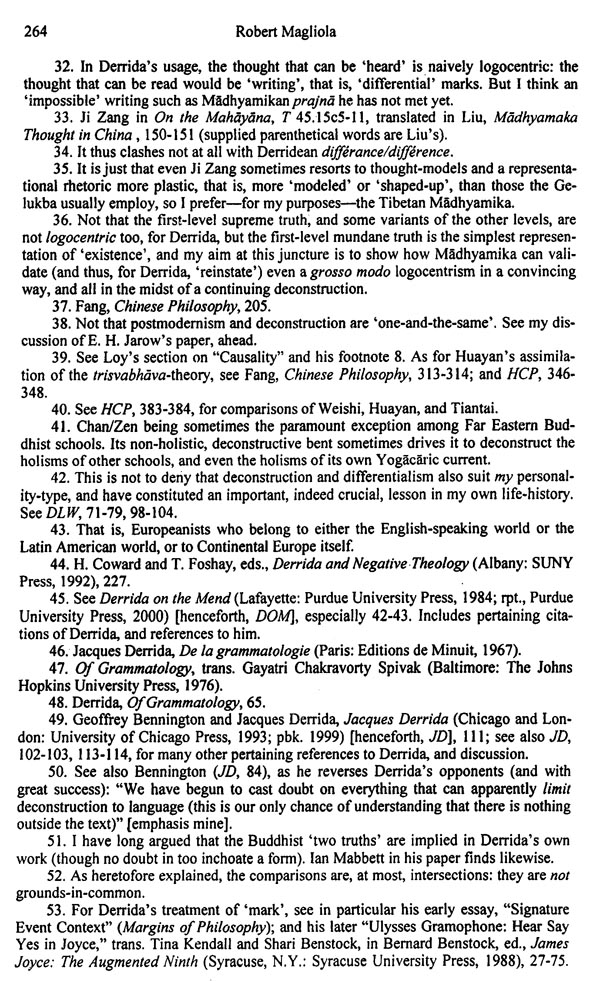
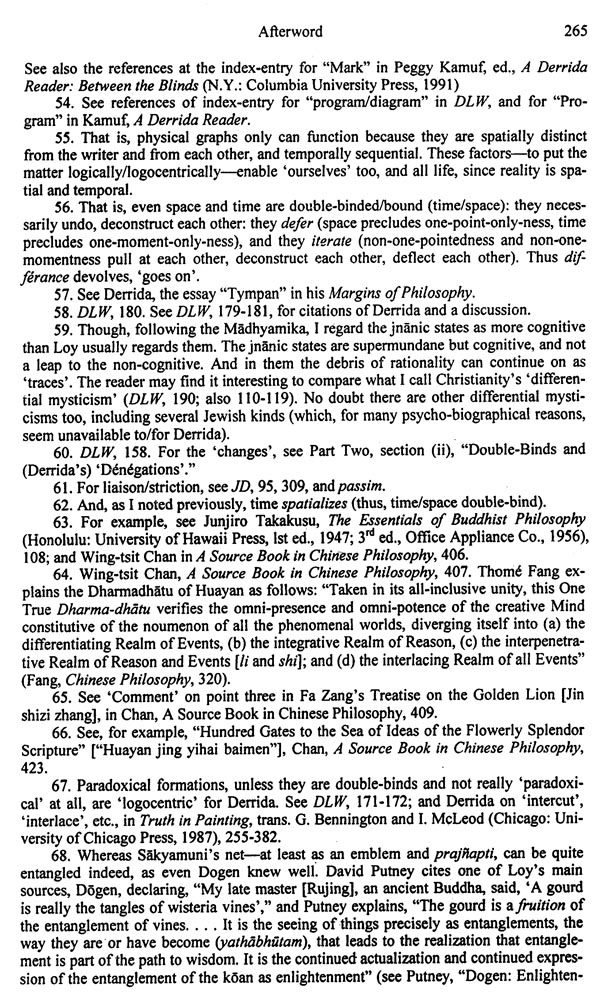
Delivery and Shipping Policy
- INTERNATIONAL SHIPPING
- Rs.1000-1100/kg
- ESTD. Delivery Time: 2-3 weeks (depending on location)
- Bubble Wrapped with Extra Padding
- NATIONAL SHIPPING
- NCR: Rs. 30/half kg
- Standard: Rs. 80/half kg
- Express shipments also available on Request
- ESTD. Delivery Time: Ranging from 1-4 days up to 7 business days (Depending on your choice of Delivery)
- TRACKING
- All orders; national or international, will be provided with a Tracking ID to check the status of their respective orders
- Depending on the Shipping Service, Tracking ID may be used on their respective tracking portals
Frequently Asked Questions (FAQs)
Domestic Shipping: 3-4 Days (after shipping)
International Shipping: 1-2 weeks (based on your location)
You will receive an email once your order has been shipped or you can email us if you didn't receive tracking details (info@mlbd.co.in)
Every book that we sell is the latest edition except all the rare books
Yes, we do provide free shipping, only on domestic orders (within India) above Rs.1500



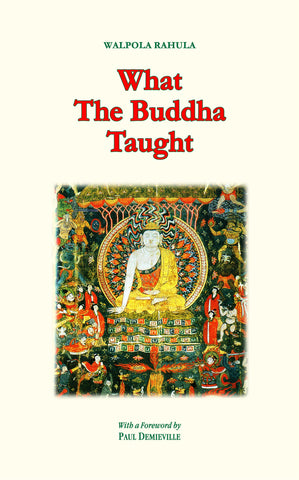
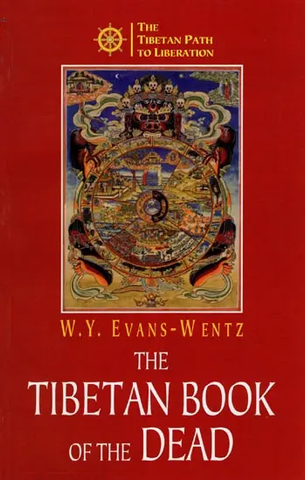
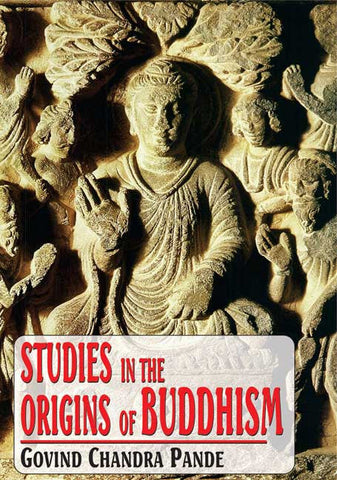
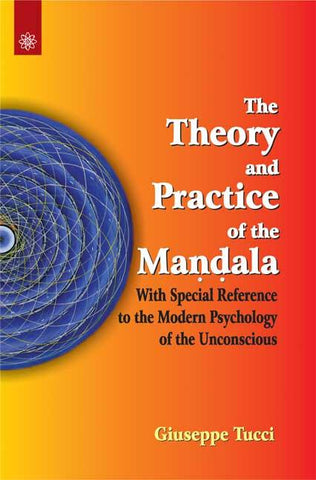
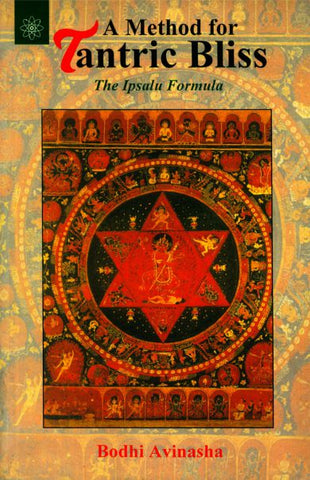
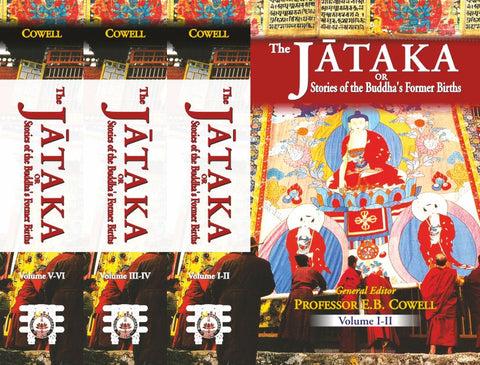
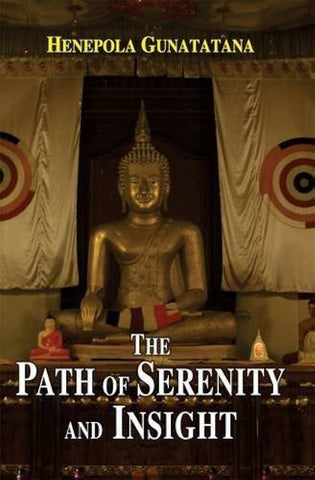
![The Rishukyo [Buddhica Britannica Vol.3]: The Sino-Japanese Tantric Prajnaparamita in 150 Verses (Amoghavajra's Version)](http://www.motilalbanarsidass.com/cdn/shop/products/RISHUKYO_large.jpg?v=1675417651)
